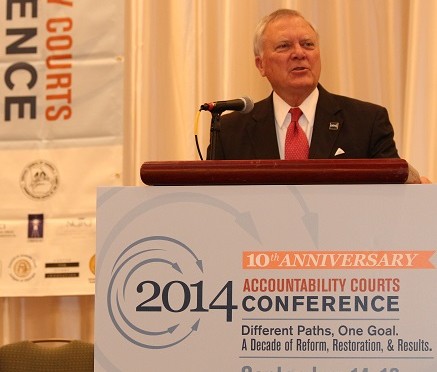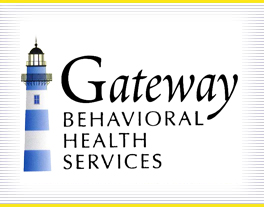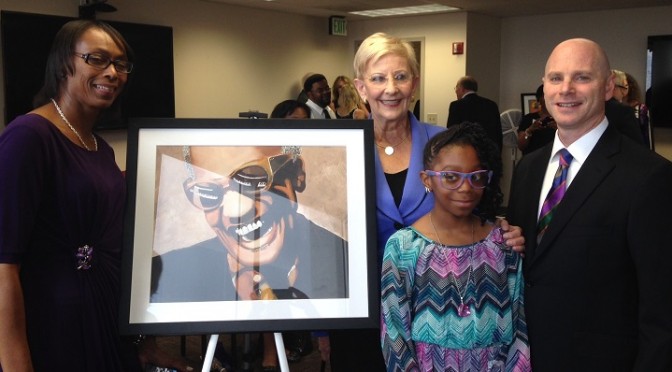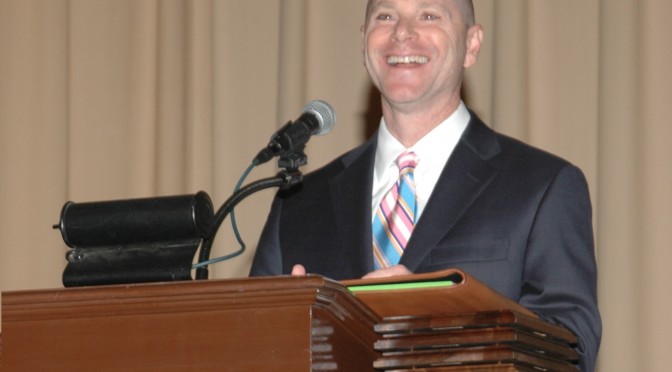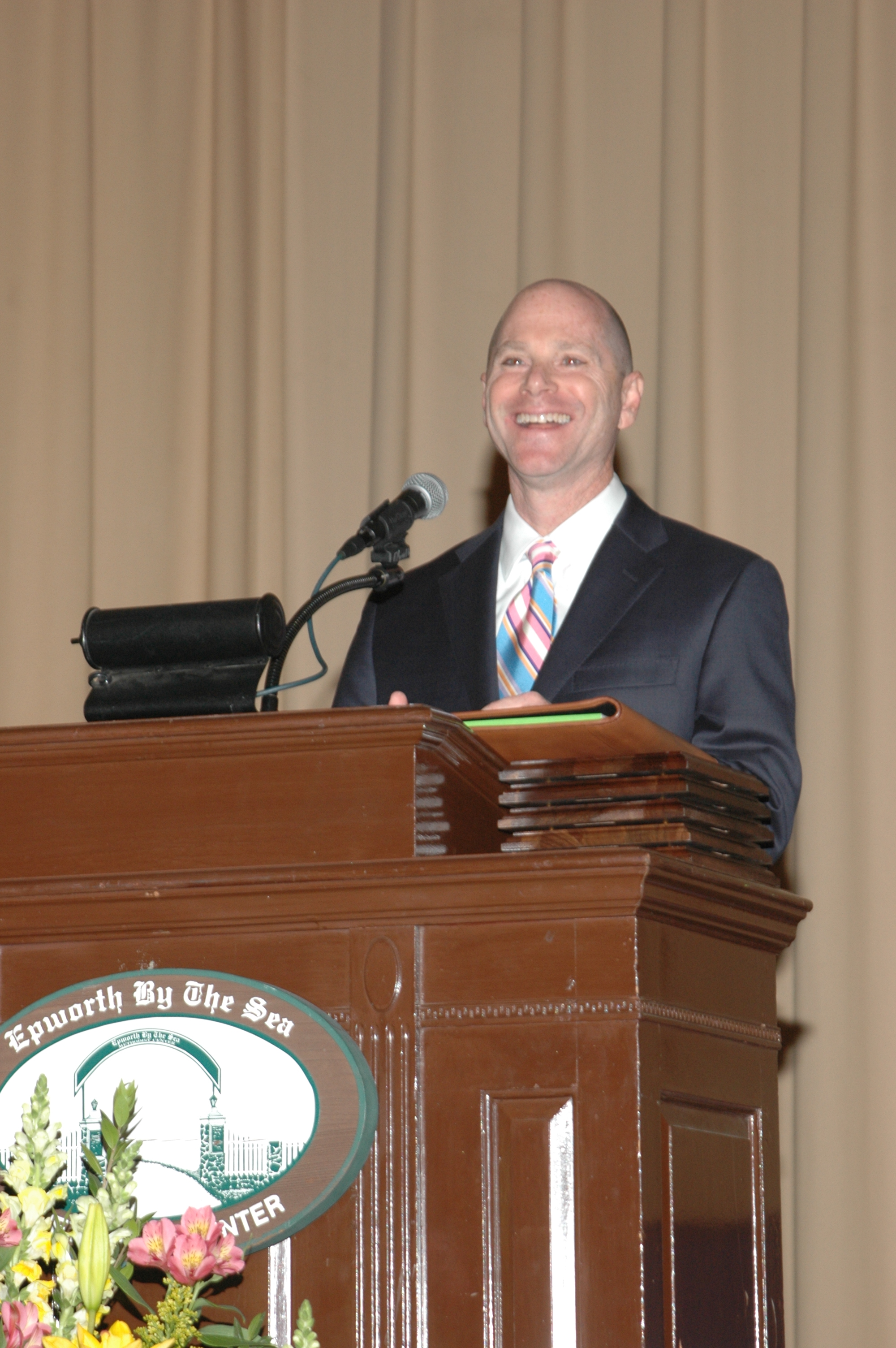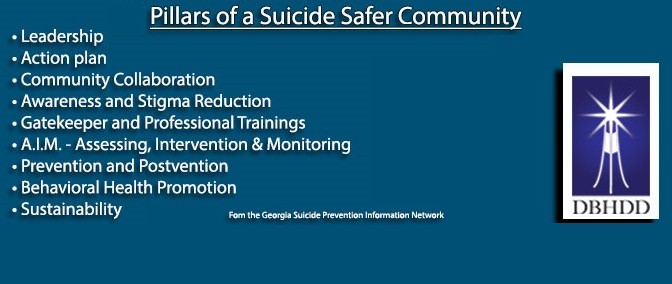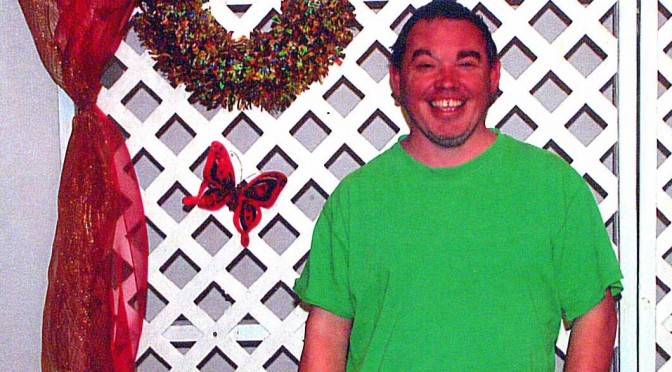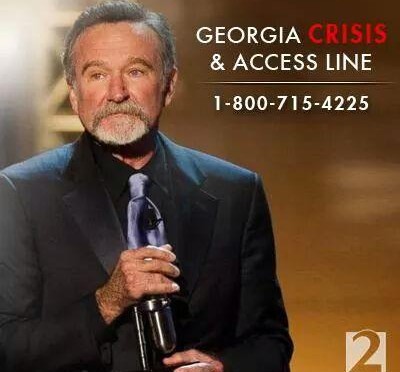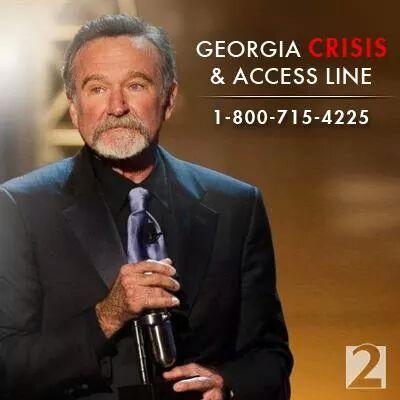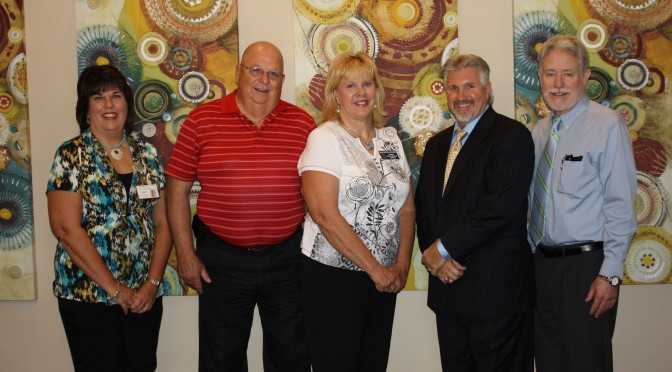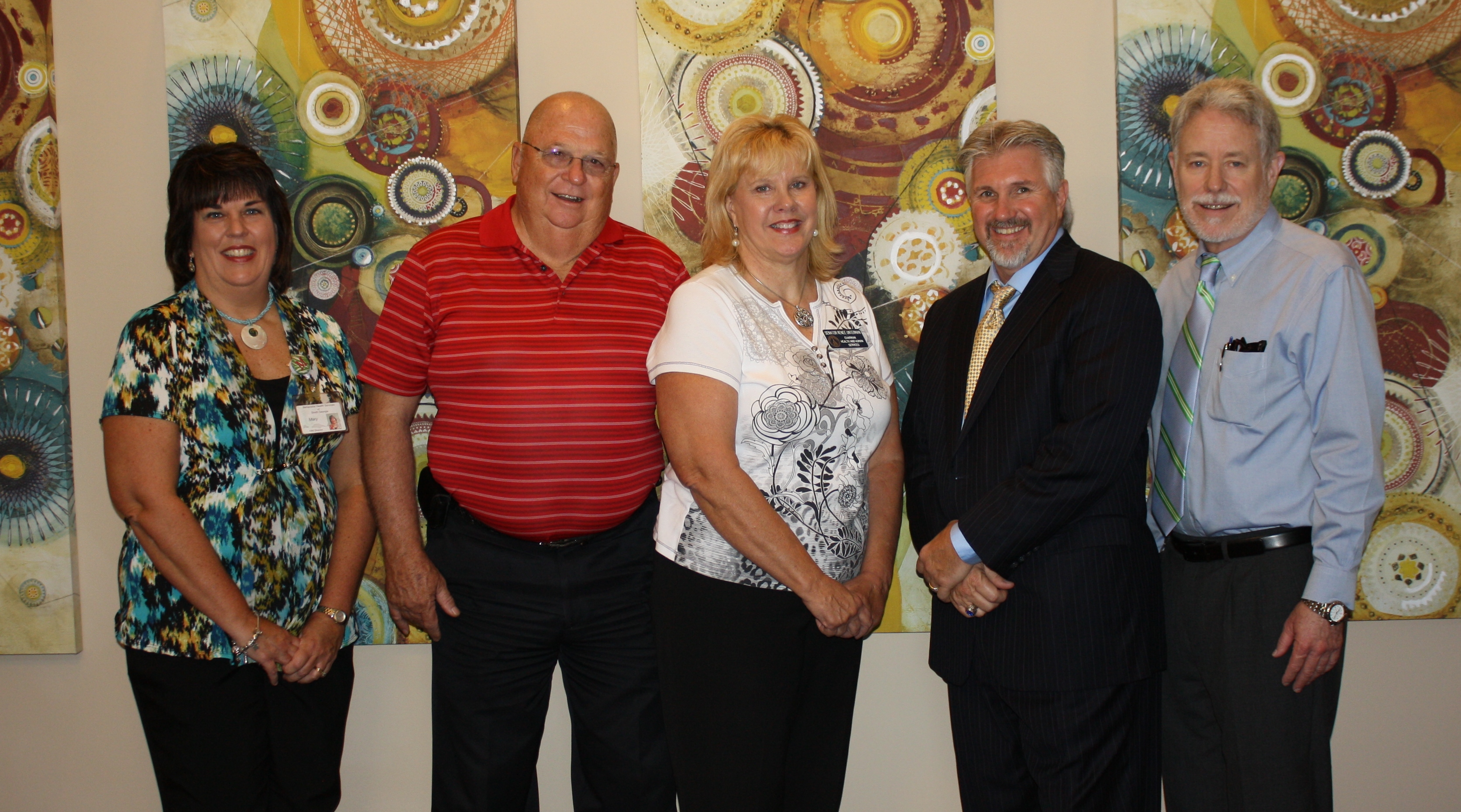The recent death by suicide of actor Robin Williams has drawn national attention to the struggles with mental health that many people face every day. In Georgia, suicide claims more lives than homicide or automobile accidents. More than eleven hundred Georgians took their lives in 2011.
DBHDD and our partners statewide recognize that effective prevention strategies require a multifaceted approach. “To bring down the numbers of suicides and attempts in a community, you need to have multiple initiatives going on at the same time,” said Sally vander Straeten, DBHDD’s suicide prevention coordinator. Instead of looking at individual suicide prevention strategies, we focus on building suicide-safer communities and schools through outreach and training, as outlined by the Georgia Suicide Prevention Information Network.
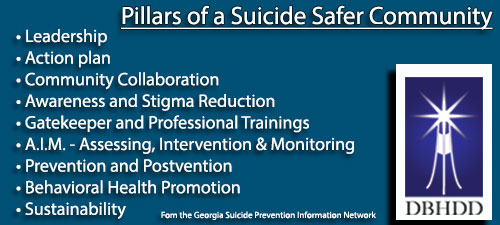
DBHDD introduced the suicide-safer campus initiative to over 40 colleges and universities at the 5th annual Garrett Lee Smith Youth Suicide Prevention College Conference last spring, but Savannah State University is already ahead of the curve.
Jacqueline Awe, who is director of student development for the university, says that the school’s counseling center regularly holds group sessions, workshops and trainings. “We want to encourage students to pursue healthy, help-seeking behaviors,” she says.
Awe’s staff includes two full-time counselors. They offer crisis response, counseling and mental health screening, but a large part of the school’s suicide prevention efforts are carried out by the students themselves. Awe has five student interns this year. They receive gatekeeper training, which teaches how to identify signs and suicide risk factors. DBHDD brought this training model to the campus in 2010. Gatekeepers also learn how to approach someone who exhibits these traits and get them to help.
In 2010, the counseling center started a prevention campaign called, “Help is not a bad, four-letter word.” Activities and information sessions focused on reducing the stigma of seeking help for mental health issues. The most recent effort, “Ain’t nobody got time for that,” got its name from a popular YouTube video. Student interns conducted workshops and lectures, in classrooms, particularly for freshmen. The sessions provided instruction on how to be an effective bystander by supporting peers and getting involved when someone needs help. “Suicide prevention is everyone’s business,” Awe says. “Even if you think you are not affected, you could be the one who saves someone’s life by making it your business and displaying some level of concern.”
The interns lead prevention efforts all over the campus. Awe stresses the importance of using multiple prevention strategies. “You can’t do one-hit-wonders because everyone takes in information differently,” she says. “We have different modalities, including trainings, workshops, outreach, online college health screening, online Kognito gatekeeper training to help faculty and staff learn how to respond to students in distress, writing and PSA competitions and a weekly radio show, which students cohost.”
The show airs on Savannah State’s radio station from noon to 1:00 p.m. on Fridays and focuses on behavioral health and wellness. On the first Friday of each month, the student hosts partner with NAMI Savannah to bring in experts on mental health from the surrounding community. The show streams live on WHCJ 90.3 FM.
To learn more about prevention efforts at Savannah State University, contact the counseling center. For information on DBHDD’s suicide prevention program, visit our website.
Sign up for DBHDD’s newsletter.
